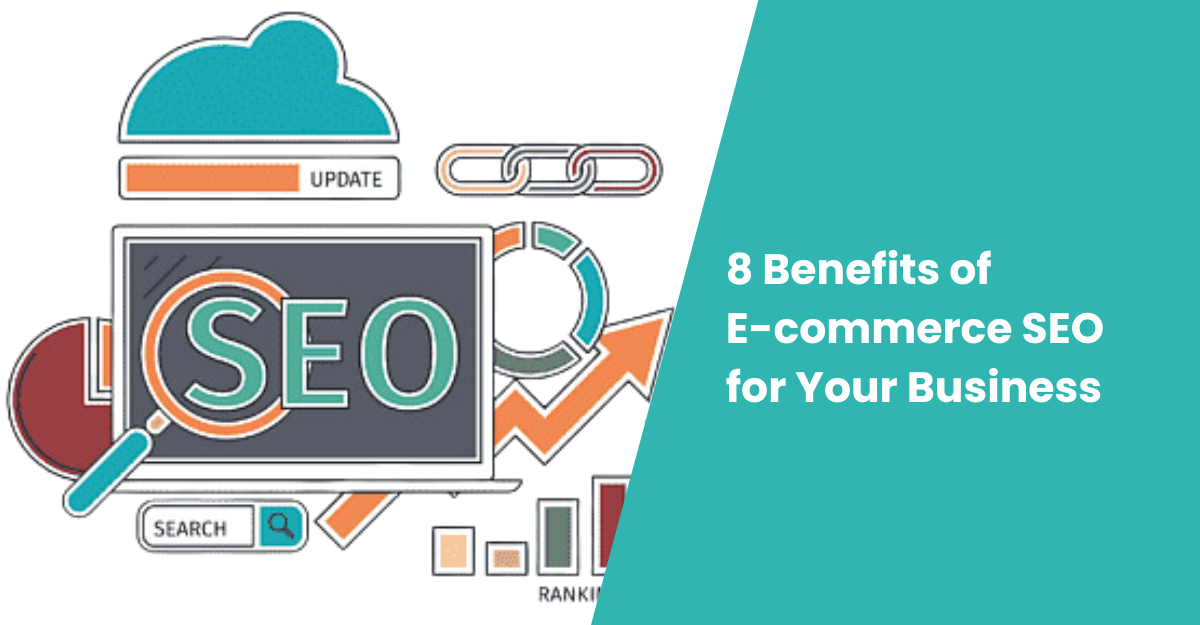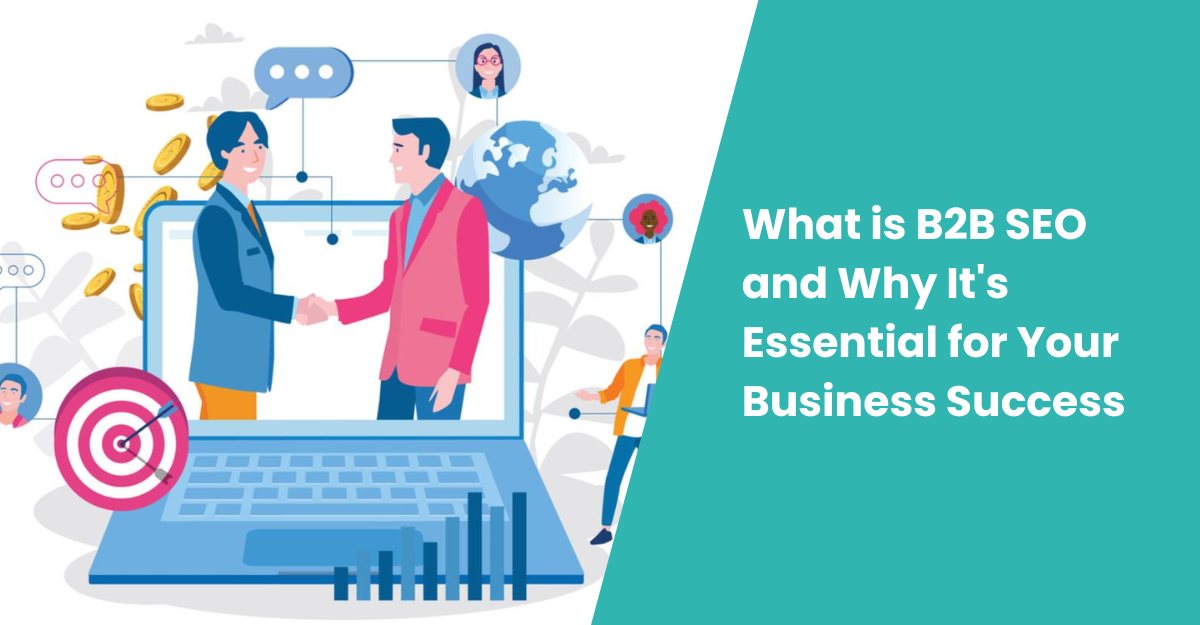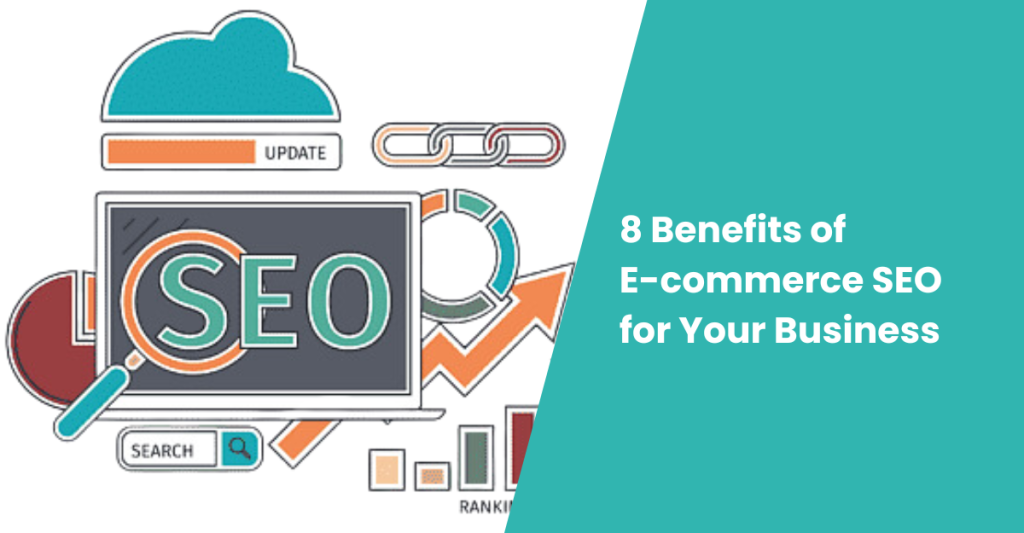How does AI help in boosting your marketing campaigns?
The marketing environment is constantly shifting & marketers today are constantly on the lookout for new strategies to attract & retain their target audience. Due to today’s fast-paced and ever-changing digital marketing landscape, reaching your target audience and achieving results is getting increasingly tough. Marketers now must be constantly on their toes, adapting to new technology, human habits, platforms, and interaction strategies faster than any prior generation. Digital marketing is very dynamic with newer strategies & technologies being introduced quite frequently with Artificial intelligence (AI) being the latest tech used in marketing known as AI marketing.
So, how can today’s marketers use and comprehend AI marketing to communicate with customers and build loyalty? Don’t worry as in this blog we’ll cover how AI marketing helps your business & how you can effectively implement it into your strategies.
How Does AI Marketing Work?
Artificial intelligence marketing combines consumer data with AI principles such as machine learning to protect customer data and improve the customer journey. Advances in artificial intelligence have made it easier for organizations to do so. AI can help firms establish more effective marketing strategies, improve the customer journey, and change how they attract, nurture, and convert prospects.
Many people consider artificial intelligence in marketing to be science fiction rather than reality, yet it’s not a far-fetched concept; it’s already here. According to research, only 29% of marketing executives used AI in 2018, but that number has steadily risen in recent years.
What makes “Artificial Intelligence” so Smart?
Two fundamental factors of AI make it well-suited for dealing with massive amounts and types of data. For starters, AI can easily analyze enormous amounts of non-numerical data, such (as social media postings, product reviews, or spoken language like videos & real-time conversations. This is known as ‘natural language processing,’ and it enables AI to comprehend what was said, how it was spoken, and the context in which the words or phrases were used. For example, AI can determine whether a review post discusses apple (the fruit) or Apple (the tech company), as well as the sentiment and emotions expressed through the review.
Secondly, AI employs a method known as ‘machine learning
,’ which as the name suggests allows AI to learn on its own. AI continuously improves by remembering and storing what it has previously assessed. The more data and knowledge there is, the ‘smarter’ AI becomes, which means it analyses its growth more accurately and perceptively.

How does AI help in making marketing decisions?
The key benefit of AI is that it improves the efficiency of marketing departments. It is frequently used for marketing automation and to save time in various marketing operations.
1. Marketing intelligence and data analysis
Technologies like machine learning enable AI to read and analyze massive volumes of data. This approach consists of training AI on how to process information by feeding it a large amount of said data (big data), making the process even more efficient. After this process is complete AI can examine different datasets and conclude on its own, faster than traditional computers. Deep learning has taken this to the next level. It allows AI to be utilized in things like image recognition. However, when applied to business, AI-powered technology can be an incredible intelligence tool for marketing. They can derive information about customer habits and intents from the massive amounts of data acquired online through campaigns, ads & social media.
2. Customer relationship management and marketing automation
AI’s closeness to human behaviors also allows for more friendly interactions and the transmission of human-like responses in real-time. Because AIs can understand natural language, dynamic chatbots can be created to provide a fantastic customer experience and expedite the customer experience.
Deep learning and artificial intelligence could be used to automate email marketing campaigns and other interactions. This is made possible by its ability to learn how to spot patterns and triggers to decide the ideal time to send an email or an individual customer’s preferences and interests. Thanks to machine learning & AI-powered automation, marketers can boost consumer connection with a more tailored approach by providing them with exactly what they’re looking for.
6 ways to utilize AI in your marketing efforts
Incorporating artificial intelligence (AI) into your marketing initiatives can significantly increase ROI. Therefore Learning how AI can be utilized to make marketing smarter and much more efficient by utilizing the correct AI marketing tools is very important. So here are some ways in which you can effectively incorporate AI into your marketing campaign:
1. Gain access to high-quality B2B data
As we all know that data is the new gold. The internet is brimming with useful information that you can use to generate more leads or customize your sales pitch with the most recent trends. However, due to the sheer size of the Internet and the evolving, complicated nature of human interaction on professional social networking platforms such as LinkedIn, advanced AI is required to extract and sort out relevant data that’s effective for you.
Fortunately, there are ways for your firm to gain access to large pools of B2B data that have been thoroughly curated & include up-to-date contact information on relevant leads.
2. Examine customer behavior.
AI can assist you in analyzing data from a variety of sources. As a result, you will be able to develop logical customer relationship management plans. Artificial intelligence can process all types of signals left by visitors while they browse your website or go about their regular routines. You can conduct a detailed analysis based on the following criteria:
Which pages of your website do viewers visit, how much time they spend on each page, which areas they find most fascinating, which things they purchase, etc, etc.
A comprehensive examination of such signals will enable you to plan out the customer journey and determine what your leads and customers require. As a result, you might shorten your sales funnel and refine your sales pitch to close more deals which save lots of time and money.
3. Generate tailored email campaigns
Marketers have always strived to provide prospects and consumers with more tailored content. AI can assist in finer client segmentation, perhaps down to the individual level. Based on behavioral research, it is possible to decide which themes would be most appropriate for each lead to curate the material delivered to a particular individual.
However, the advantages of AI for email marketing do not end there. It can also learn from each round of emails and dynamically alter parameters for each recipient. It can fine-tune schedules so that emails are sent at the appropriate time and frequency. More relevant content that adapts to individual preferences is more effective at engaging customers: higher personalization equals higher opening rates, CTR, and overall customer satisfaction.
4. Make your content marketing efforts more effective.
Content marketing is another area of marketing that can be improved with the help of AI. It can accomplish this in two ways,
1. It can boost the relevancy of your content in the same way that email marketing can by providing better, more tailored recommendations that readers may like. You may have seen it in action on websites like YouTube or, more lately, TikTok, which are known for enticing users to stay surfing with carefully curated videos suited to their interests.
2. Another way AI could change marketing content creation is by supporting content creators or even creating material itself. When creating any form of content, AI recommends words or even full phrases to users which are most relevant to their content. It may also recommend adjustments to make videos sharper or more vivid, as well as delete items out of an image.
5. Create a Chabot
Chatbots, also known as conversational AI, can assist you in developing a more engaged interaction with visitors and providing 24H customer assistance at a low cost. AI can be used to identify the meaning of what a user types in or says, and then offer the best answer.
Natural Language Generation (NLG) technologies, for example, enable advanced AI to provide a customized response depending on the meaning and context of the query. A chatbot can answer frequently asked questions, greet visitors, advertise special offers, collect useful data, and much more.
6. Make smarter decisions by future forecasting.
Even the most evolved AI would be incapable of accurately predicting the future. However, when AI is combined with Sales Intelligence software and Business Intelligence (BI) technologies, it has the potential to make decision-making easier and wiser.
Sales and business intelligence solutions are meant to collect, organize, and show data in relevant reports so that leaders may build strategies and forecasts. AI skills can assist these tools in making better projections by improving predictive analytics and finally presenting the data in a more user-friendly manner. Today’s businesses all rely on BI to enhance their processes, increasing ROI and efficiency. Imagine the possibilities for organizations that smarter AI offers when combined with these already ground-breaking solutions!
How Artificial Intelligence Can Help Marketing
There are numerous ways in which AI might assist in the recovery of knowledge and wisdom that humans appear to have lost amid data and information such as:
Building rich customer profiles: Using AI, it is feasible to comprehend customers’ growing wants and needs in real-time as they express them online allowing you to continuously build and update these profiles.
Better targeting: AI allows more accurate targeting of different customer categories by utilizing these detailed customer profiles. For example, based on purchase intent, AI can identify the most valuable segments and make offers, discounts, or generate other marketing messages which are most likely to connect and convert leads into purchases.
Product and brand monitoring: Using artificial intelligence, it is feasible to comprehend what consumers are thinking and how they feel about brands, products, or advertisements. This insight can then be used to discover product performance concerns, indicate when a brand refresh is required, or remove ad executions with low customer interaction.
AI assists us in making sense of customer information and data by better analyzing and understanding what customers are doing, as well as how and why they behave as they do. Essentially, this will allow organizations to get AI ‘off-the-shelf’ based on their specific requirements, allowing them to reap the benefits of AI at a fraction of the previous cost and resource requirements.
Recent examples of AI in Marketing
1. Nike – Online experiences that are tailored to the individual
Nike uses artificial intelligence to offer personalized experiences to its clients. The technology enables Nike’s website to recommend products that are specifically tailored to particular clients. Customers can also search for products using conversational language and photos without engaging with a person. Nike extensively uses AI to tailor the client journey, which adds significant value to their business.
2. BMW’s Intelligent Personal Assistant
BMW’s AI-enhanced sports vehicles include an intelligent personal assistant in addition to technology that learns about the driver and adjusts the system and interior experience to best fit each individual. This personal assistant allows for many vehicle operations such as climate control, lights, media, and settings such as Caring car, Experience Modes, and so on to change as per the requirements of the driver. This incredible helper enables drivers to communicate with their vehicles in the same way that they do with smartphones. It is a voice-activated manual that can anticipate travel routes to simplify destination entry, notify drivers, and connect with other apps.
3. Spotify – Discovering the best music
Spotify, like other music and video streaming services, uses AI and deep learning to make recommendations on comparable songs that users may like. The application tracks the user’s listening preferences and feeds them into a learning algorithm to generate song recommendations. Deep learning may be seen in action with the Discover Weekly playlists, which display related music based on tastes. Furthermore, Spotify has been displaying suggested tracks based on the sort of music a user listens to the most frequently. This company’s usage of AI may not be as advanced as other companies’, but it nevertheless makes predictions.
Thus it won’t be wrong to say that AI is our present as well as the future. Artificial intelligence is already pointing businesses in the right way in terms of providing the best customer experience possible & AI-powered tools and technology will only grow in number. Artificial intelligence can your businesses become more efficient and develop new solutions to assist each unique user allowing you to build a better experience. So are you ready to make the switch to AI or wait until all your competitors get ahead of you?
So get in touch with AdsCult today to Make AI Happen for your brand and always stay one step ahead of your competition.






